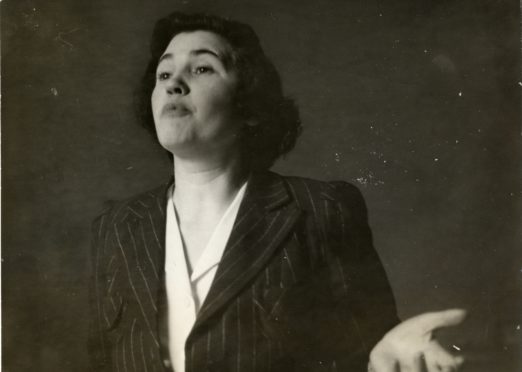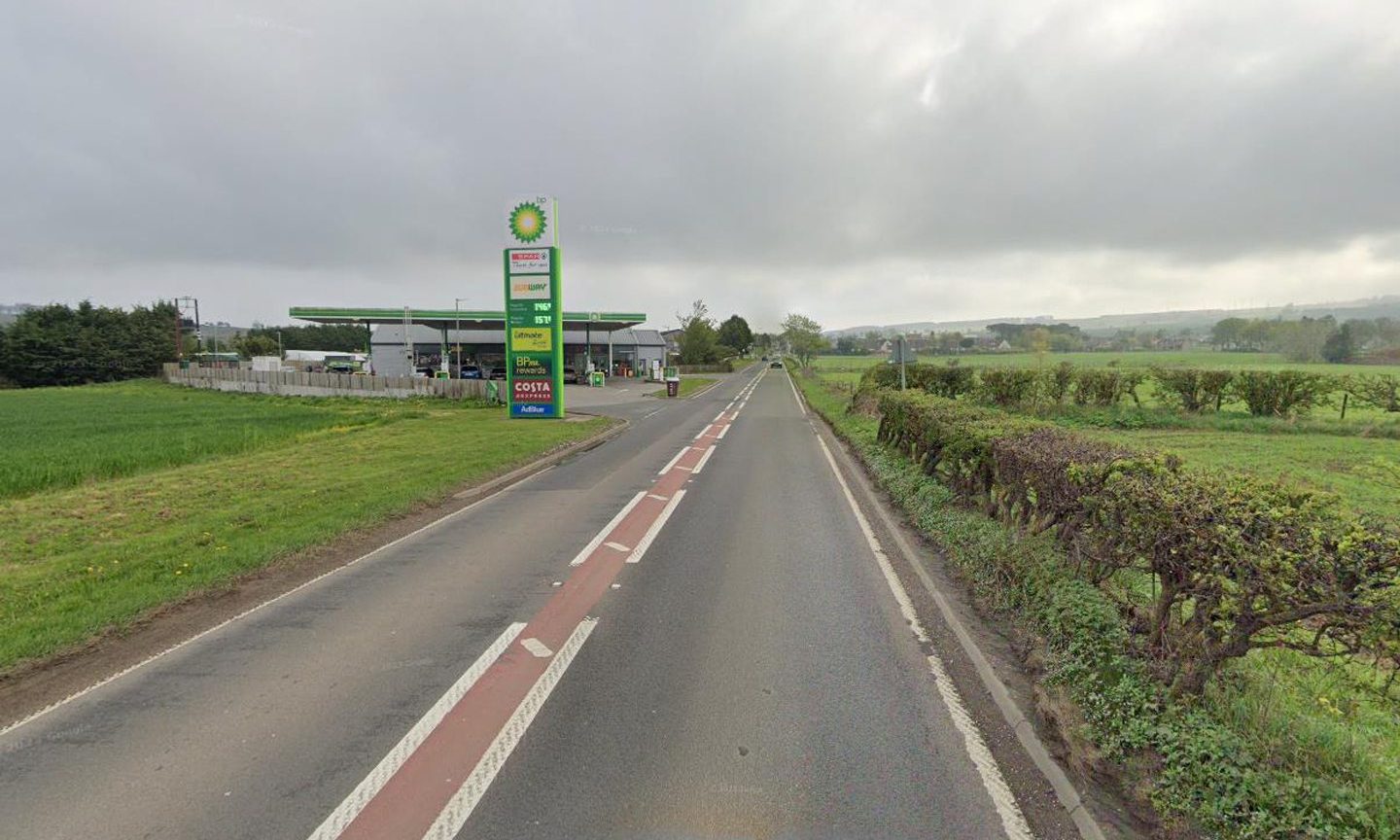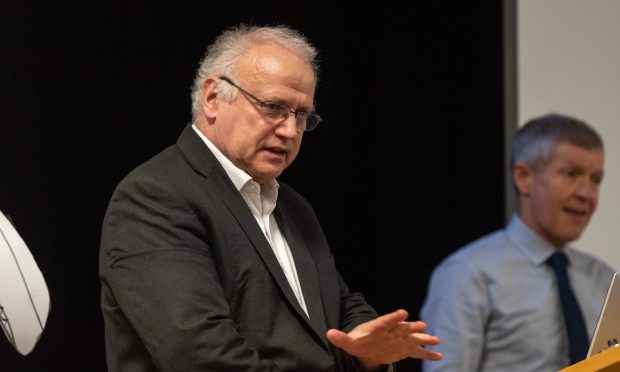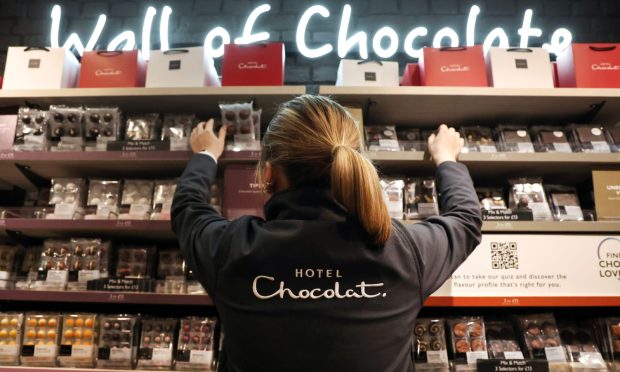The life of Jennie Lee, the miner’s daughter from Fife who helped to establish the Open University (OU), is being celebrated in a new exhibition in the town.
Jennie Lee: From Lochgelly to The Lords was previously on show at the Glasgow Mitchell Library and has now started a run at the Lochgelly Centre.
Born in 1904, Jennie Lee was a teacher before she was elected to parliament as the Labour member for North Lanarkshire in 1929. She was the youngest woman in the House of Commons at a time when women under the age of 30 were not yet able to vote.
She caused uproar during her first speech, in which she accused Winston Churchill of “corruption and incompetence”.
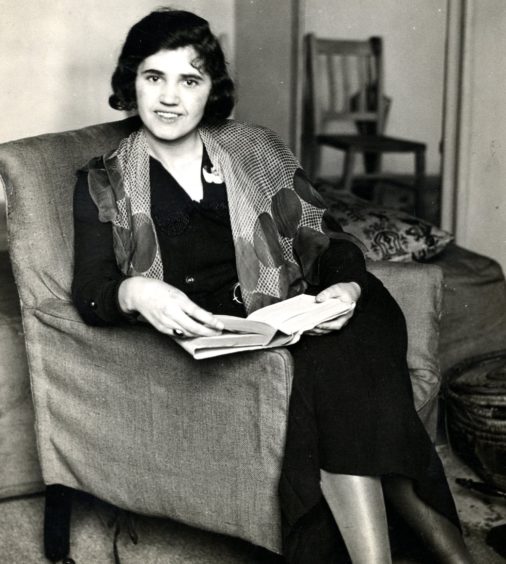
However, she was also a rebel among her own ranks, who protested the introduction of prescription and dental charges, and was the first UK Minister for the Arts, and arguably one of the most influential.
Lee was in her 60s when she produced the White Paper that outlined the plans for what would become The Open University.
It was supported enthusiastically by Prime Minister Harold Wilson but derided as “blithering nonsense” by other MPs.
She retired from front-line politics when she was made Baroness Lee of Asheridge in 1970.
She was married to the Welsh Labour politician Aneurin Bevan from 1934 until his death in 1960. She died in 1988 and bequeathed her personal papers to the Open University which now holds them as the Jennie Lee Collection.
Susan Stewart, director of The Open University in Scotland said: “Jennie Lee fought passionately for a university open to all, regardless of educational background.
“She left a massive legacy, with more than 200,000 Scots and two million people worldwide studying with the OU in its 50 years.
“It’s important to acknowledge the Scottish roots of the OU and I hope that this exhibition will help to keep Jennie’s story alive.”
Claire Baker, Labour MSP for Mid Scotland and Fife and a relative of Jennie Lee, added: “Her wholehearted commitment to the idea was central to its delivery and now here we are, celebrating the OU’s 50th anniversary.”
